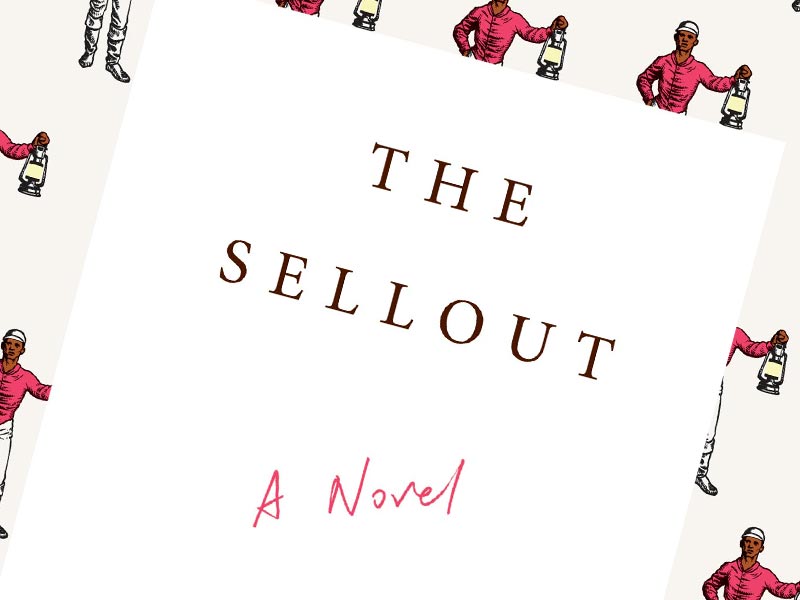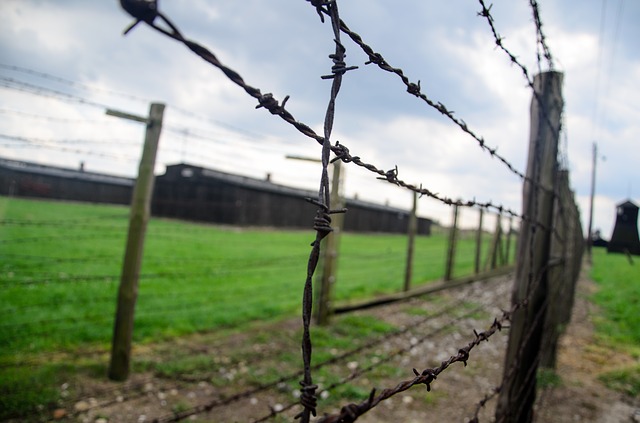Slaughterhouse 5, Kurt Vonnegut
Oh Billy Pilgrim, you are one of a kind. Has there ever been a character so pitiable, so pathetic, but so likable as the lead character in Kurt Vonnegut’s Slaughterhouse 5? And so it goes with the rest of this hugely entertaining novel.
It is hard to know whether to laugh or cry throughout this tragicomic novel, set in part during World War II and the bombing of Dresden.
As it happens, I visited Dresden in Germany a few years ago, before having read Slaughterhouse 5. Much was made of the bombing and rebuilding of this beautiful city, but I wish I had have read this novel first as I would have seen all of the reconstructed buildings and streets – no longer a moonscape as in the book – in a different light.
Billy Pilgrim is a young soldier who finds himself captured and taken to Dresden for hard labour. He turns up in a ridiculous costume of silver boots and undersized jacket that see him laughed at in the streets by those who will later be obliterated by the bomb. As usual, Vonnegut presents these facts in his deadpan voice.
Billy’s experience of the bombing is just part of the strange trajectory of his inner and outer life, in which he time travels, is kidnapped by aliens and is cared for by a daughter who gets a perverse thrill from managing him through his loss of dignity. It is hard not to think in those wry terms of children who find themselves to be their enfeebled parents’ carers.
The way in which Vonnegut nestles horrible events that happened during the war alongside comedy, and the removed, apathetic tone he uses, somehow serves to magnify the horror that is being described.
Here, tragedy and comedy make strangely effective bedfellows. A shell shocked Billy marries an obese woman that he would not consider in his right mind, grows to love her, before she dies unexpectedly.
A soldier who survives the bombing that virtually wiped out Dresden is shot for stealing a tea pot.
A bully envisages the story he will tell about his war buddies, who along with himself he calls the Three Muskateers, before the other two cruelly abandon him. Soon after, the two are killed.
The shape made in the snow by a missed shot at the enemy that forms a gigantic arrow, showing the Germans the exact position of the American soldiers.
So, is Slaughterhouse 5 a war novel, a comic novel, a tragedy or a science fiction novel? In a way, it is a genre all of its own, in which each element complements each other.
At its heart, it offers an intimate insight into the misery, absurdity and senselessness of war, and the indifferent randomness of life and death.




